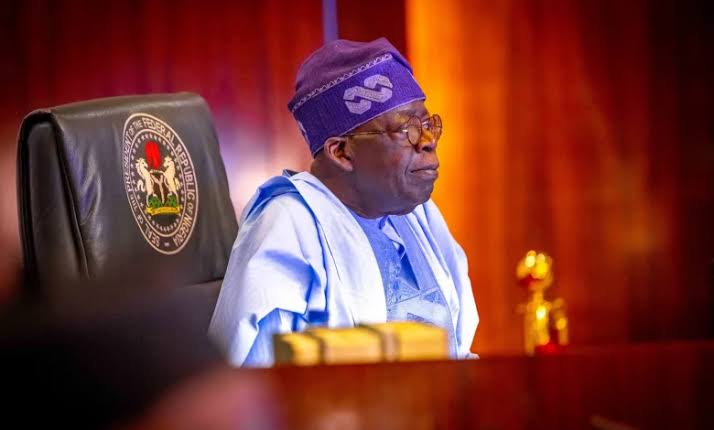As Nigerians marked the country’s 65th Independence Anniversary, President Bola Ahmed Tinubu’s national broadcast attempted to paint a picture of progress, resilience, and hope. But beyond the flowery rhetoric and statistics, one is left to wonder whether the speech reflects the lived realities of millions of struggling Nigerians, or whether it was simply another government exercise in self-congratulation.
President Tinubu began by extolling the founding fathers and recounting Nigeria’s journey since 1960, acknowledging the turbulent decades of civil war, dictatorship, and democratic experimentation. He claimed that despite these challenges, the country has made “tremendous progress in economic growth, social cohesion, and physical development.” This is a familiar refrain in government speeches: celebrating statistics while citizens grapple daily with poverty, hunger, insecurity, and failing public services.
The President boasted that his administration’s economic reforms, particularly the removal of fuel subsidies and foreign exchange unification, have “reset the country for sustainable growth.” Yet Nigerians continue to feel the crushing weight of skyrocketing fuel prices, escalating food costs, and worsening transport and electricity bills. The so-called “sacrifices” demanded of citizens have not been matched by visible relief. When Tinubu insists that “the worst is over” and “yesterday’s pains are giving way to relief,” one wonders whose yesterday he is referring to, because for many, today remains unbearable.
The statistics reeled out in the speech are impressive on paper: GDP growth of 4.23 percent, inflation down to 20.12 percent, external reserves at $42 billion, and record-breaking revenue generation. But even these numbers raise questions. If Nigeria’s economy is truly rebounding and diversifying, why has the cost of rice, beans, and bread doubled in many markets? Why does unemployment remain widespread among graduates? Why are hospitals still without drugs, and why do schools lack teachers and basic facilities? The government’s self-praise does not tally with empty kitchens and long queues of job seekers.
Security was another area Tinubu sought to highlight. He declared that “peace has returned to hundreds of our liberated communities” and praised the sacrifices of the armed forces. While it is true that some gains have been recorded, the reality remains grim: bandit attacks still plague many states, kidnappings continue on highways and even in the capital, and separatist agitations linger in the South-East. Nigerians are justified in asking: if peace has truly returned, why are so many communities still displaced, and why do security reports tell a different story?
Tinubu also addressed the youth, promising them “wings to fly sky-high” through student loans, credit schemes, and the iDICE programme. But students across universities continue to protest against poor funding, lack of hostels, and unbearable tuition fees. The student loan scheme, though commendable in theory, has already raised questions about accessibility, repayment burdens, and sustainability in a system notorious for inefficiency.
The President’s insistence that “we have finally turned the corner” betrays the administration’s tendency to overstate progress while underestimating people’s suffering. Ordinary Nigerians are less interested in GDP figures and trade surpluses than in whether they can afford food, transport, healthcare, and decent education for their children. The disconnect between official optimism and grassroots hardship remains stark.
Nigeria at 65 deserves more than celebratory speeches. It deserves a government that matches words with action, reforms with accountability, and promises with real relief for citizens. The President’s broadcast could have been an opportunity to directly acknowledge the depth of hardship, admit policy missteps, and set out clear, people-centred interventions. Instead, it leaned heavily on glossy statistics and hopeful rhetoric.
As long as governance continues to be reduced to speeches filled with numbers, without corresponding improvement in people’s lives, Independence anniversaries will ring hollow for many Nigerians. At 65, Nigeria is too old to keep living on promises.


